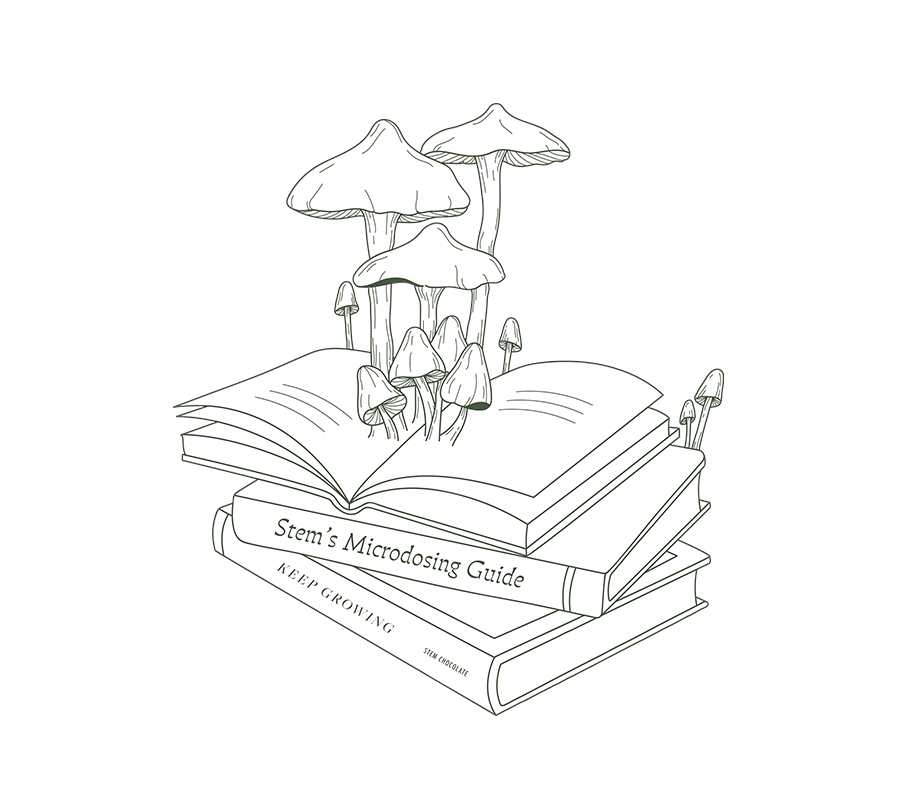As we grapple with the global mental health crisis, treatments for conditions like depression are more critical than ever. Two potential remedies—psilocybin and antidepressants—have been the focus of numerous studies and discussions. In this post, we’ll explore the use of these substances and compare their efficacy, potential side effects, and overall safety.
What is Psilocybin?
Psilocybin is a naturally occurring compound found in certain mushroom species, often called “magic mushrooms.” This compound is psychedelic, meaning it can induce changes in perception, mood, and cognitive processes. Recent scientific investigations have begun to reveal the potential benefits of psilocybin, particularly for treating mental health disorders such as depression. This has led to the development of innovative products like magic mushroom chocolate, which offer a new way to experience psilocybin.
What are Antidepressants?
Antidepressants are medications designed to help alleviate the symptoms of depression. They work by balancing chemicals in the brain that affect mood and emotions. Common types include selective serotonin reuptake inhibitors (SSRIs), serotonin and norepinephrine reuptake inhibitors (SNRIs), tricyclics, and monoamine oxidase inhibitors (MAOIs).
Psilocybin and Depression
In recent years, research into the therapeutic use of psilocybin has increased. A growing body of evidence suggests that psilocybin, administered in a controlled environment and under the guidance of trained professionals, can have long-lasting positive effects on mood and outlook.
A landmark study from Johns Hopkins Medicine found that a single dose of psilocybin resulted in “significant decreases in depressed mood and anxiety,” along with increases in life satisfaction, in patients with life-threatening cancer. Other studies have shown similar results, with potential benefits lasting up to six months from a single session.
Antidepressants and Depression
Antidepressants have been the standard treatment for depression for many years. They can be highly effective in managing symptoms of moderate to severe depression. However, they are not without their drawbacks.
According to Mayo Clinic, typical side effects of antidepressants include nausea, weight gain, loss of sexual desire, fatigue, and insomnia. More concerning is that for some individuals, antidepressants can sometimes exacerbate depression or lead to suicidal thoughts, particularly in young adults and teenagers.
Safety: Psilocybin vs Antidepressants
Both psilocybin and antidepressants have potential risks, making it essential to consider safety.
While psilocybin is generally considered safe when administered in a controlled, therapeutic setting, it can lead to challenging experiences, commonly called “bad trips,” which may include anxiety, paranoia, and panic. However, these experiences are often tied to uncontrolled or recreational use and are less likely in a clinical setting with professional guidance.
The safety profile of antidepressants is well-documented, given their long history of use. However, they can cause side effects and dependence, requiring slow weaning off to avoid withdrawal symptoms.
Concluding Thoughts
In comparing psilocybin and antidepressants, it’s clear that both have potential benefits in treating depression but also carry risks. The choice between the two often comes down to individual factors, including the severity of depression, the person’s overall health, their response to medications, and their willingness to engage in an intense therapeutic process.
While antidepressants have been the traditional approach and are effective for many, the promising results of psilocybin research are hard to ignore. The potential for long-lasting relief from depressive symptoms with fewer sessions and side effects may appeal to many.
However, it’s essential to remember that psilocybin is still undergoing research and is not widely available or legal in many places, unlike antidepressants. Additionally, the experience of taking a psychedelic is unique and can be intense, requiring careful preparation and support.
In the end, safety is paramount. Whether considering psilocybin or antidepressants for treating depression, these substances should only be used under the guidance of a healthcare professional. They should form part of a comprehensive mental health treatment plan, including therapy, lifestyle changes, and other supports.
It’s a fascinating and hopeful time in mental health research, with many new treatments on the horizon. As we continue to learn more about the complexities of depression and the human brain, we are moving closer to finding more effective, personalized treatments for everyone.



